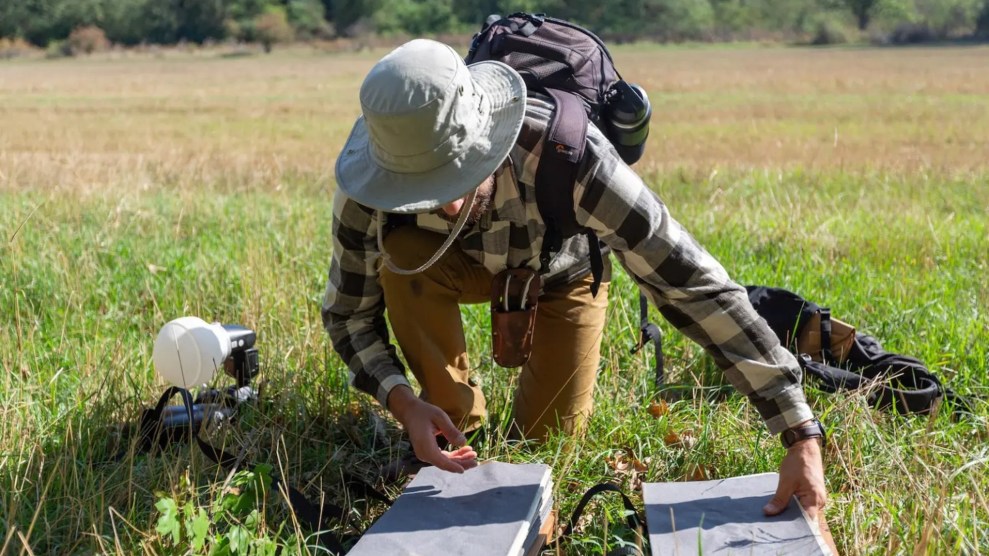Democrat Doug Jones’ upset victory in Alabama’s Senate race on Tuesday gives Democrats renewed hope of an electoral wave in the 2018 midterm elections, but it comes with a warning—a strangely shaped one.
In much of the country, partisan and racial gerrymandering is so extreme that it could prevent Democrats from taking control of the House next year even if they win the congressional vote nationwide by a sizable margin. And Exhibit A is Alabama.
Jones defeated Republican Roy Moore by about 1.5 percentage points on Tuesday. But the state’s congressional districts are so gerrymandered that that he received a majority of votes in just one of the state’s seven US House districts.
Unofficial results, but #ALSen by Congressional District. Left is 2016, right is 2017. Doug Jones turned HRC’s 28% loss into a 1.5% win while *only* carrying #AL07. Suburban #AL06 has the biggest swing to Jones (he improved 40% from Clinton). pic.twitter.com/ZUi550C4XN
— J. Miles Coleman (@JMilesColeman) December 13, 2017
When Republicans swept into power in Congress and statehouses across the country in 2010, their victories coincided with the decennial census, allowing them to control the redistricting process in most states and determine how state and congressional legislative districts were drawn. The result is that most Republican legislators are ensconced in districts gerrymandered to protect their jobs. Several of these gerrymandered maps have been making their way through the courts, some challenged for unconstitutionally using race to draw lines, others for unconstitutionally using partisan considerations. But these challenges can take years, and courts, including the US Supreme Court, have not generally tried to resolve them in time for the 2018 midterms. (The notable exception is Pennsylvania, where two trials over that state’s egregiously gerrymandered map are proceeding on an expedited schedule.)
The result is that even if courts rule against some of the extreme gerrymanders in place across the country, the playing field for voters in 2018 may still be uneven. Texas is a prime example of this problem. There, a federal court took years to find that two of the state’s congressional seats were unconstitutionally gerrymandered, requiring multiple districts to be redrawn. But the US Supreme Court put that finding on hold, and it’s likely that voters will now have to cast ballots in districts that have been found unconstitutional for being creatively drawn to give Republicans a built-in advantage.
Which brings us to Alabama. Alabama’s 7th Congressional District, the only one with a Democratic representative, contains nearly a third of all the state’s black voters, ensuring that it’s strongly Democratic, while the other two-thirds are scattered among the state’s six other districts, making them a tiny minority with little political voice. To achieve this clustering, the sprawling 7th District covers a large swatch of central Alabama, where the state’s Black Belt (originally named for the dark color of its soil) is home to many of its rural, majority-black counties. But the district is not just rural. Instead, it sends tendrils into Birmingham to the north, Montgomery to the east, and toward Mobile to the south, scooping up black areas from across the state into a single, bizarrely shaped district.
This is what Democrats are up against as they seek to retake the House next year: Even if Democratic candidates win more votes overall, creatively drawn maps can keep them in the minority in most districts.
















